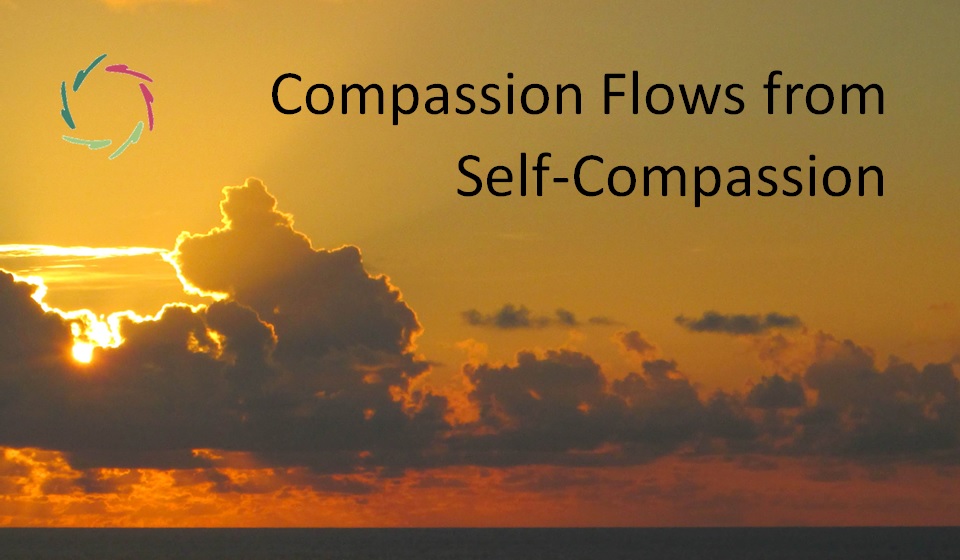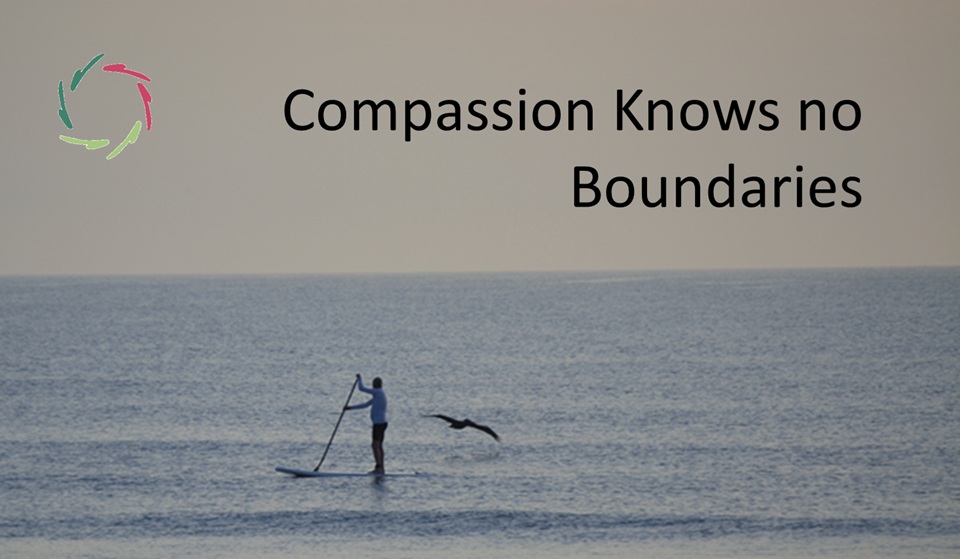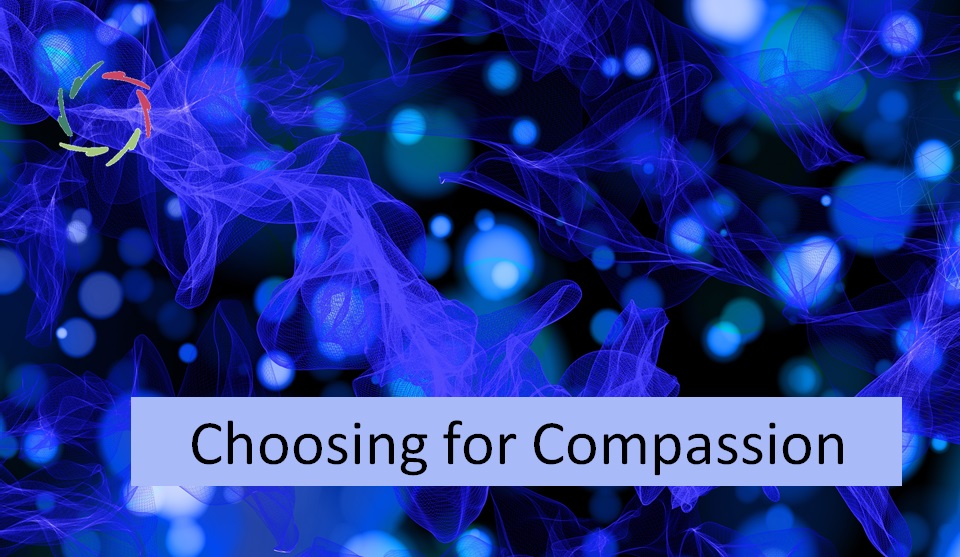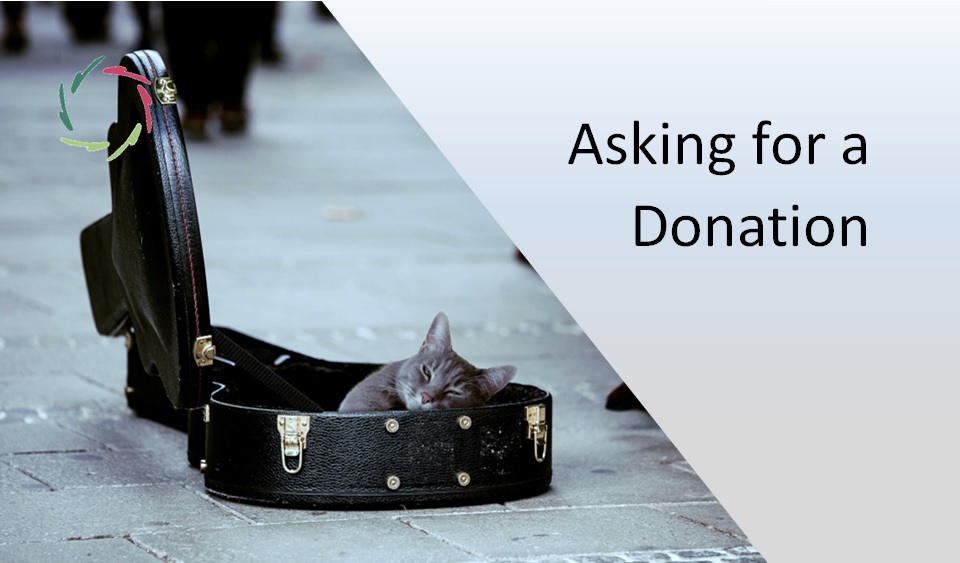Compassion Flows from Self-Compassion

Compassion is impossible without self-Compassion. The former is an overflow of the latter.
Please read Compassion, Basically.
Overlap
Compassion results from an interpersonal overlap of mental patterns. This comes down to activity of mental-neuronal patterns (MNPs) in each involved brain. Through the mental overlap, the happening is also an interpersonal MNP-overlap. Thus, technically, self-Compassion and Compassion involve the same principle in the brain/mind.
A typical characteristic of Compassion is that the feeling for the other(s) is, in a way, the feeling for oneself: “What is good for you is good for me because it feels very much the same.”
Between self-Compassion and Compassion
One can read a book or watch a movie and feel Compassionately with one or more of the story’s subjects. One can think back to the story and rekindle Compassion, in which case it all happens in the same brain. So, does this involvement of one brain indicate a form of self-Compassion?
As another in-between, one can think of oneself in the future. Since this self doesn’t exist yet, is it a form of Compassion or self-Compassion ― or both?
Baby-mother-self-Compassion
In a healthy baby-mother relationship, both may feel a kind of unity. Natural predisposition can make the bond so strong that here, too, Compassion and self-Compassion collide.
Arguably, baby-mother-self-Compassion – repeated in all mammals – has been the evolutionary push needed toward the origin of Compassion humans may feel nowadays. Perhaps, this evolution is an ongoing path toward a more Compassionate future?
Eventually, any Compassion is a form of self-Compassion.
One can envision this as enlarging circles (as an image for total selves). Self-Compassion coincides with mental growth ― one’s circle becoming larger. Larger circles can better overlap, especially with other circles that are also getting larger― perhaps supported through the very act of Compassion.
Compassion engenders Compassion in others. Larger circles facilitate the enlargement of others. Self-Compassion engenders self-Compassion.
This is also a principle of excellent AURELIS-coaching.
Contrary to conceptual methodologies, AURELIS-coaching is growth-oriented. It is bent on heightening self-Compassion – thus also Compassion – in coachees.
Hopefully, this will lead to more Compassion in many people. To egos, of course, this is hugely challenging. A potential obstacle to one person’s growth is the reluctance of others to acknowledge this or even the endeavor to bring the person back to comfortable numbness ― also when this is an obvious source of additional suffering.
Thus, for the coach, self-compassion is necessary for oneself and others. Without it, the goal of Compassion will not succeed.


